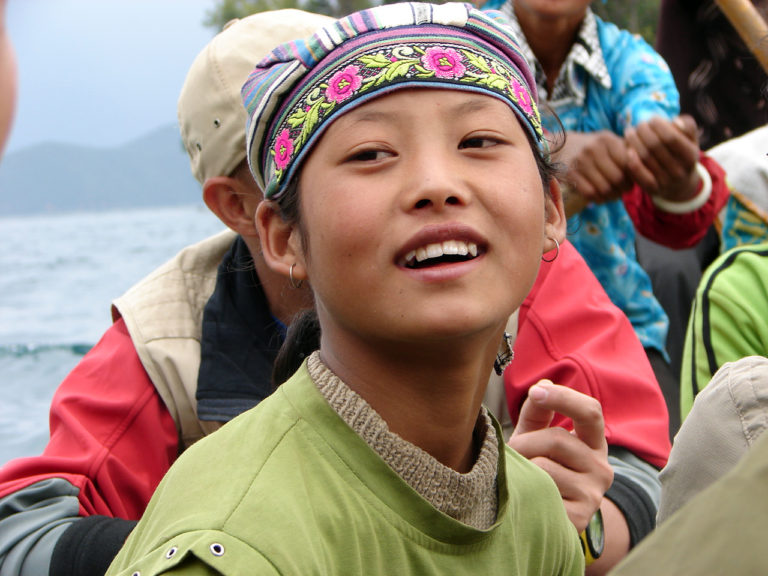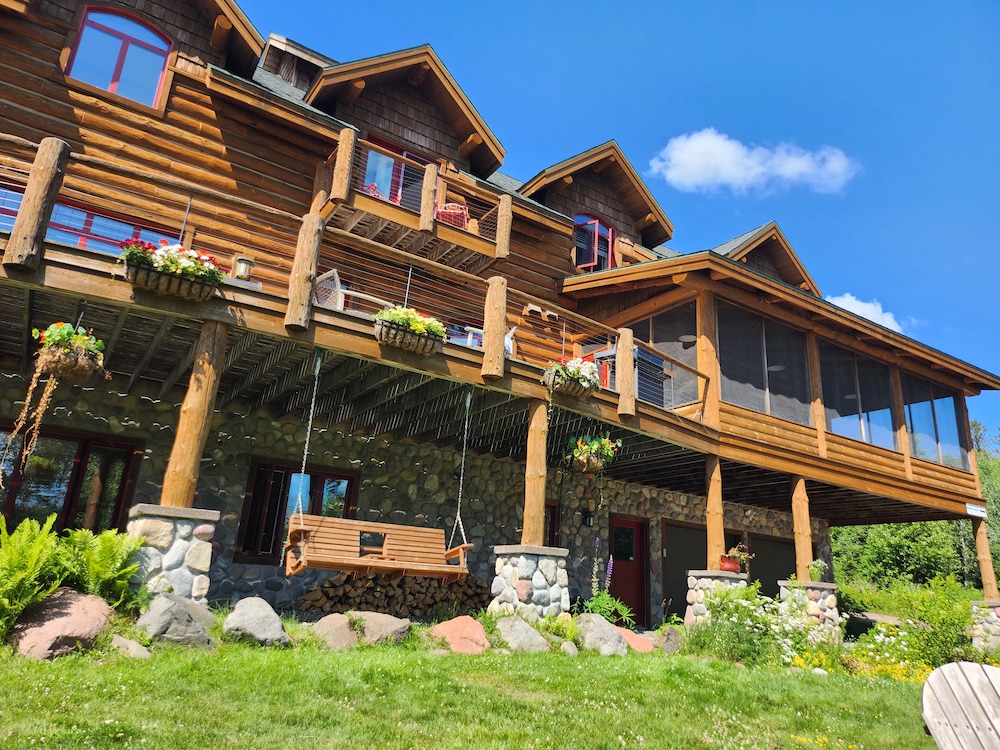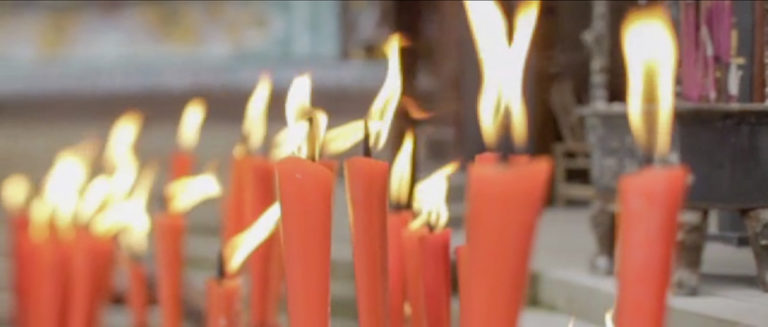President Hu Jintao made it to Dujiangyan today and shook hands with Prime Minister Wen Jiabao…
Today I took a ride with a civil engineer and a security and infrastructure assessment expert around the northwest suburbs of Chengdu. We visited Chongzhou, Qingcheng Mountain and the outskirts of Dujiangyan.
The purpose of the trip was to give the security’s expert’s clients — corporate clients — an idea of the damage done in Chengdu and the economic impact on their businesses.
We saw hundreds of vehicles heading north out of Chengdu toward Dujiangyan — a veritable rag tag fleet i.e. Battlestar Galactica — loaded up with water, blankets, clothes and instant noodles. Many of these vehicles were turned back by police. Some of them dropped their supplies off, others were not able to.
The reasoning behind this was explained by the civil engineer, who has extensive experience in disaster areas such as Sudan and West Africa in the 1970s and 80s and more recently in Indonesia after the tsunami. A lot of times, well-meaning volunteers create more problems than they solve. Often with tragic consequences.
What all of us have seen here is in direct contrast with the situation we saw in New Orleans during and after the tsunami. The sense of social responsibility in China does not exist in our society. Any person who would actually dare to loot, pillage, shoot someone or rape during this time of crisis would be lynched by the neighborhood before the police even heard of it. But the point is, it would never happen here.
We saw the wave of nationalism that took over the nation following the Tibetan protests and the media wave that followed. This ability to unite is in full force again and the world is now seeing the flip-side of a united China — determined instead of aggressive.
After the government and the people of China showed that they can mobilize quickly and efficiently, the western media flip-flopped from criticism of government efforts to praise for a China that has “finally learned” how to be civilized. It smacks of civilizational fear.
Anyway. In Qingcheng mountain everybody is living in tents, all houses and buildings have been damaged in some way or another, but its extraordinary that the vast majority of these buildings are still standing. I know that the areas farther north closer to the epicenter are decimated and in ruins, but near the outer edge of the earthquakes impact, almost all buildings — although maybe shaken — will house people again in the near future.
The people are resilient and in good spirits. The first words out of every one’s mouth was: “Thank you for coming and caring about us.” They let us know what they need — basically medicine, water and dry clothes — but they also offered us water and noodles. This is quintessentially Chinese. I know this place is corrupt as hell and after the dust settles heads will roll, but now is not the time. I believe all people pull together like this in times of need … or did once, before we let ourselves be divided.
The relief effort has not reached many towns and villages that could use help, but this is a function of the earthquake’s impact and the vast population of Sichuan Province. Every 5km one passes a township of around 50,000 people. Every 20km a town of about 100,000 pops out of the rice fields. The relief crews are focusing on those areas with bleeding, dying, trapped people. Those that are uninjured hunker down in tents, while rain pours into their living rooms. They register with the local government authorities and wait for someone to tell them what is next.
As far as I can see, the relief effort is astounding and well-organized. Around Chengdu, drop-off points for supplies are constantly filling up. Foreigners are giving what they have as well and holding benefit concerts and the like, but our assistance is minuscule and symbolic. The Chinese can handle their own business.
Back to Qingcheng Mountain: The mountain itself was hit very hard and most buildings, temples and pagodas where we once spent afternoons composing bad poetry and dreaming about sages are gone forever. I still don’t have reliable info on the White Lotus Monastery — but I will go back up with Charlie tomorrow to retrieve his bike and to meet with the old woman he carried out. I will keep you posted.







3 thoughts on “China handles business”
I admire your multicultural perspective on China. It’s refreshing to see someone whose views are not largely ethnocentric. I spent last summer in Chengdu, and I’m going again soon. I have a good friend who was in Dujiangyan.
What do you plan to do to help out? I want to help as much as I can when I arrive in 12 days, but I don’t want to cause any of the problems inexperienced volunteers can cause.
I’ve created a Facebook group for local fundraising in the US. Check it out:
http://www.facebook.com/group.php?gid=54367685120&ref=mf
Chach,
Wow I just read thru all your post-quake posts. I just want to say thanks.
I’d love to know, have you had any problems with accessing and posting “Blogger” blogs in China? Whenever I’m in China Blogger only works intermittently. I’d appreciate any insights you have. Do you use a proxy?